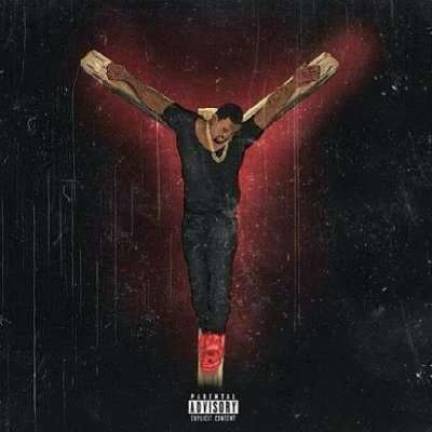Praise Yeezus

Idylls of Self-Projection
It's fitting Kanye West kicked off the promotional campaign for his new album Yeezus with a series of 66 projections, many of which were reportedly unsanctioned by authorities, of the New Slaves video onto landmark buildings throughout the world.
Yeezus is all about projection. Just ask Lou Reed, whose July 3 review of the album in the UK newspaper The Guardian praised West in white-bohemian terms more applicable to Reed's own career.
"I have never thought of music as a challenge," Reed wrote. "You do this because you like it, you think what you're making is beautiful. And if you think it's beautiful, maybe they'll think it's beautiful?I don't think West means that for a second, either."
And this: "Still, it's ridiculous that people are getting upset about [the lyric] 'Put my fist in her like a civil rights sign' (from Yeezus track "I'm In It")? C'mon, he's just having fun. That's no more serious than if he said he's going to drop a bomb on the Vatican. How can you take that seriously?"
Reed's musician-to-musician shout-out is infectious in its enthusiasm, but it's also unfortunately afflicted with the unmistakable political tone-deafness that also marks the writings of his hipster progeny on websites such as Pitchfork.
After all, what is the "civil rights sign" line but an intellectually serious challenge to several levels of the mainstream? As a lyrical trope, West's fist gives an "up yours" to society's superego. It's a sign of the defiance West uses in his attempt to wrest himself free from the received ideas of the middle class (including that class's sentimentalization of historical struggle) as well as institutional racism. And the glitchy orgasmic cry that follows it echoes West's Little Richard shriek on "I Am A God."
The actual pleasure "I'm In It" describes and affords is weightier than what Reed took away from the track. Hipsters merely transgress; West defies. How can you not take that seriously?
Seriously, but not reverently. With his last solo album My Beautiful Dark Twisted Fantasy, West began to remove from his music all vestiges of his prior plaintive and pious streak. ("Pink-ass polos with a fucking backpack," he sneers at his former self on Yeezus.) The new album further purifies his persona so that as West raps, he exhales arrogance imbibed from the cultural atmosphere ? half-mocking, half-mirroring the impertinence of authority.
Hence the Orwellian aspect of the "New Slaves" projections. The chutzpah of this Big Brother stunt ? West imprinting his visage onto the urban scene like he owned it ? complicated the song's ironic sense of solidarity. "New slaves" refers to today's global citizen-consumers inhabiting cities where the logic of "getting and spending" is used to obscure harsh truths of "having and not having" (pace Joan Didion). Virtually everything one needs to know about capitalism in the last decade can be gleaned in West's sojourn from the sympathetic bemusement of 2004's "All Falls Down" ("They made us hate ourself and love they wealth") to the utter negation of "New Slaves."
Not to harp on Lou Reed, but his boho bona fides are simply less relevant than what "New Slaves" reveals about our cultural economy. West recognizes that in our current social context, hipness, happiness, even "beauty" itself are psychological projections largely directed by corporate hegemony. Consider Yeezus West's hubristic counter-projection, down to the sleeve art that fetishizes the unadorned CD. In projecting his ego into an increasingly amoral world, his ever-present self-consciousness (quite distinct from self-mastery) is the fascinating, ambivalence-provoking element that makes the album, at least, unignorable. That's what West means by "I'd rather be a dick than a swallower."